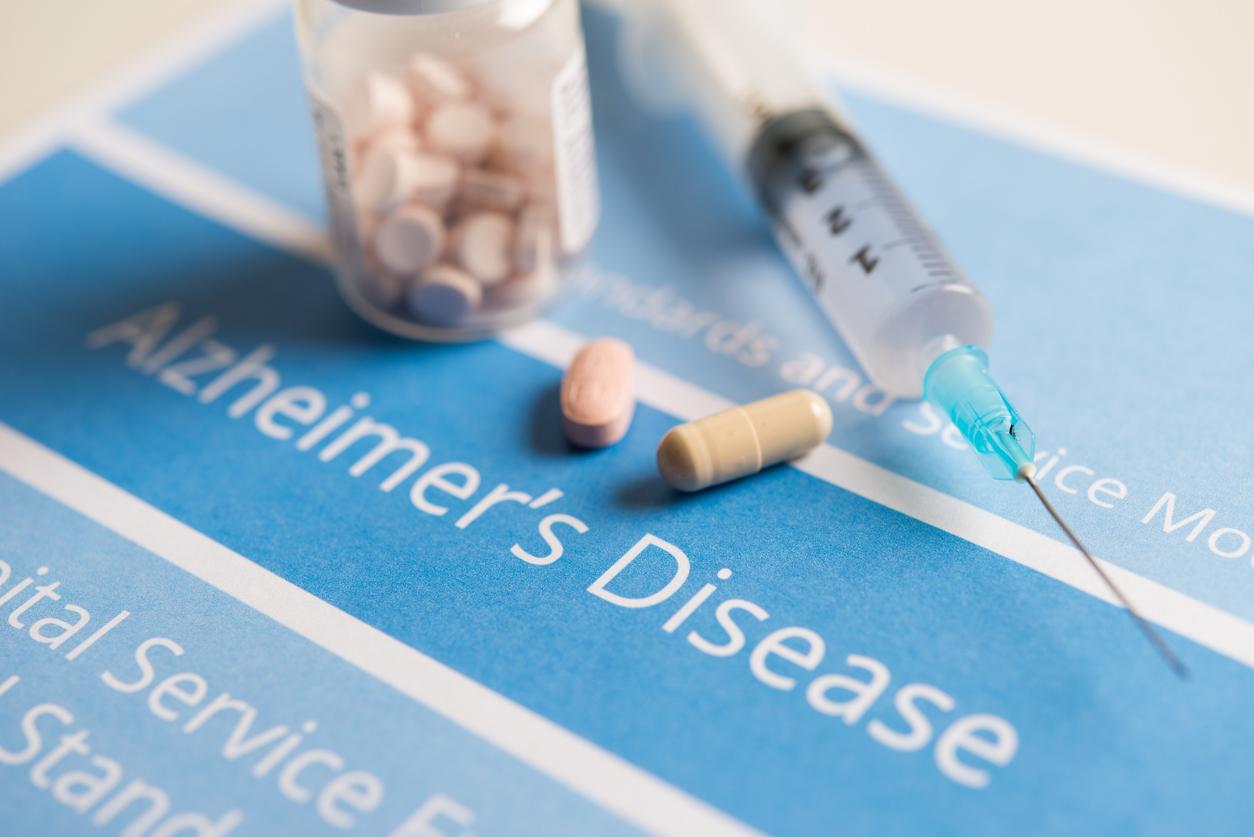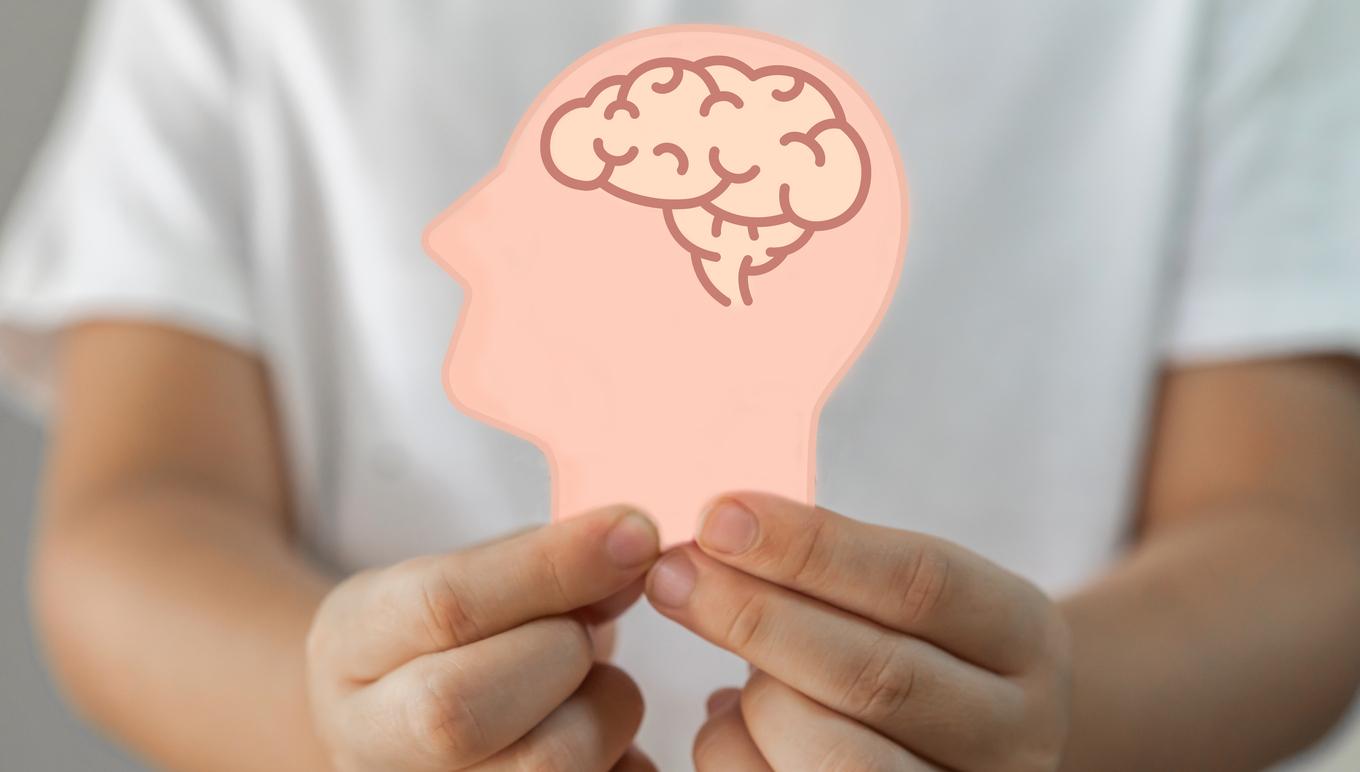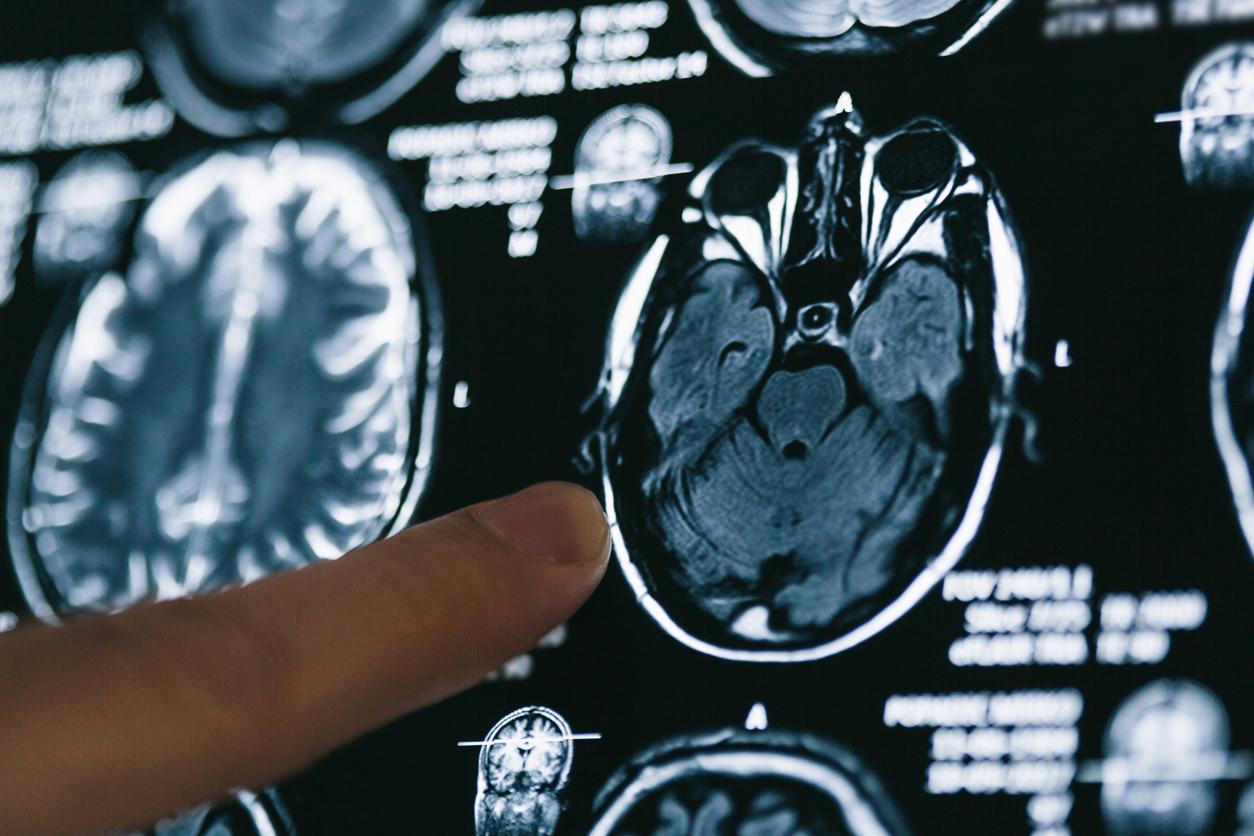Alzheimer’s disease is a chronic neurodegenerative disease that affects the brain and causes progressive loss of memory, cognitive abilities and physical functions. It is the most common cause of dementia worldwide. With Professor Claire Paquet, neurologist, an update on this still incurable disease.

- In France, 225,000 new cases of Alzheimer’s are recorded each year.
- This disease progressively affects cognitive and physical faculties and memory.
- New treatments still unavailable in France would slow the progression of this disease by 30%.
Everyone talks about it and everyone fears it. With 900,000 people affected today in France, including 225,000 new cases each year, Alzheimer’s disease, a brain condition which leads to a progressive loss of cognitive and physical abilities, has become a major public health problem.
But where are we in our knowledge of its mechanisms, what avenues offer hope for an improvement in care, what treatments exist and what hopes could appear tomorrow to treat this currently incurable disease, the questions are many about this disease.
Two proteins at the origin of Alzheimer’s disease
In the program “La Santé En Questions”, Professor Jean-François Bergmann and Dr Jean-François Lemoine received Professor Claire Paquet, neurologist at the cognitive neurology center at Lariboisière hospital. It takes stock of Alzheimer’s disease in France.
– What causes Alzheimer’s disease?
The best shared hypothesis to explain the mechanisms of the disease is a combined effect of two proteins. First the beta-amyloid protein which begins to be produced in the brain between 15 and 20 years before the first symptoms appear. It is this which causes the activation of another protein, the Tau protein which is the one which attacks neurons.
“It’s a very specific disease among all those that cause dementia, it’s very common but in fact no one really knows about it,” says Claire Paquet.
– What are the different stages of the disease?
“It’s a disease that evolves over 30 or 40 years,” emphasizes Claire Paquet, who classifies affected patients into four categories: asymptomatic but in whom the proteins responsible for the disease have already appeared, “beginner” patients who have the first clinical signs of the disease, those who suffer from a moderate form and those who suffer from a very advanced form.
– Is the diagnosis of Alzheimer’s reliable?
If Alzheimer’s disease is suspected, the first examination consists of a test called MMS which is a questionnaire to identify possible losses of cognitive abilities.
Alzheimer’s disease can now be proven
“For a long time, due to a lack of reliable tools, diagnostic errors for Alzheimer’s reached 30% of cases,” explains Claire Paquet. Today biomarkers make it possible to prove the presence of the disease. These biomarkers can be identified by a lumbar puncture or by nuclear imaging.
The diagnosis could soon be made using less invasive techniques based on blood biomarkers which develop even at the start of the disease.
– Will the number of cases continue to increase?
“The incidence of Alzheimer’s disease is today lower than expected,” says Claire Paquet. Post-mortem examination of the brains between 1980 and 2010 shows that those of people suffering from Alzheimer’s are, on the latter date, “less damaged” and that the severity of the damage is less significant, specifies the specialist. A development which would be mainly due to an improvement in the general state of health of the population.

– Will we one day be able to treat Alzheimer’s disease?
The four treatments offered in France to Alzheimer’s patients were defunded in 2018. “This decision was taken because they did not work… but I still prescribe them!”, announces Claire Paquet. According to her, if these products do not act on memory, they can have positive effects on attention, vigilance or behavioral disorders.
New treatments reduce the progression of Alzheimer’s disease by 30%
Currently, new treatments are in phase 3 (trials on patients in a hospital environment) and would, according to Claire Paquet, who judges them to be “the first therapeutic step that we expected”, slow down the progression of the disease by 30%. disease. One of these treatments is already authorized and reimbursed in the United States, the other is awaiting European marketing authorization.
These products work against beta-amyloid protein and are intended for symptomatic, entry-level patients. For the future, research focuses on gene therapies to prevent the production of this protein.
– Why has France lost its lead on Alzheimer’s disease?
“France has lost the lead it had during the Alzheimer’s plans between 2008-2012,” says Claire Paquet. She explains that these three plans, two initiated under the presidency of Jacques Chirac, the third under that of Nicolas Sarkozy, were then transformed into a plan concerning all neurodegenerative diseases, “a good idea for a better scientific strike force and politics, but Alzheimer found itself drowned in this plan which, moreover, was transformed into a simple strategy without funding.
















